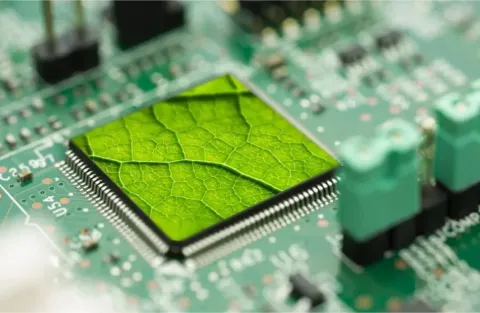Execution of physical testing
Politecnico di Milano (POLIMI)
Università degli Studi di Milano (UMIL)
University of Cordoba (UCO)
Universitat de Lleida (UdL)
Location
Italy

Spain

 Arable farming
Arable farming
 Greenhouse
Greenhouse
 Horticulture
Horticulture
 Tree Crops
Tree Crops
 Viticulture
Viticulture
Any physical test activity involves three main components: environment (where the tests take place), protocol (defining what tests are executed and how), and evaluation metrics (used to assess the results of the tests).
The execution of physical testing, i.e., the object of this service, corresponds to supporting the customer in executing with the system(s) under test the procedures specified by the protocol in the specified environment and identifying and solving any issues that may negatively affect the tests. In most cases, support by agrifoodTEF involves assistance by both agronomists (for agricultural aspects) and engineers (for aspects related to the technological infrastructure supporting the tests).
Beside the object of this service, i.e., test execution, agrifoodTEF can, if requested, support the customer along any other aspect and phase of the physical experimentation pipeline. For instance, for the design of the environment and protocol to be used for the test, the customer can either proceed autonomously or exploit services S00106 and S00107. Similarly, preparation of the test environment can be done either by the customer or by agrifoodTEF via service S00110; in both cases, assistance in interconnecting the system under test with agrifoodTEF’s test infrastructure is available via service S00111. Finally, data collection during the test or data processing and performance evaluation after the conclusion of the test, if needed, can be provided by agrifoodTEF via services S00113 and S00114, respectively.

